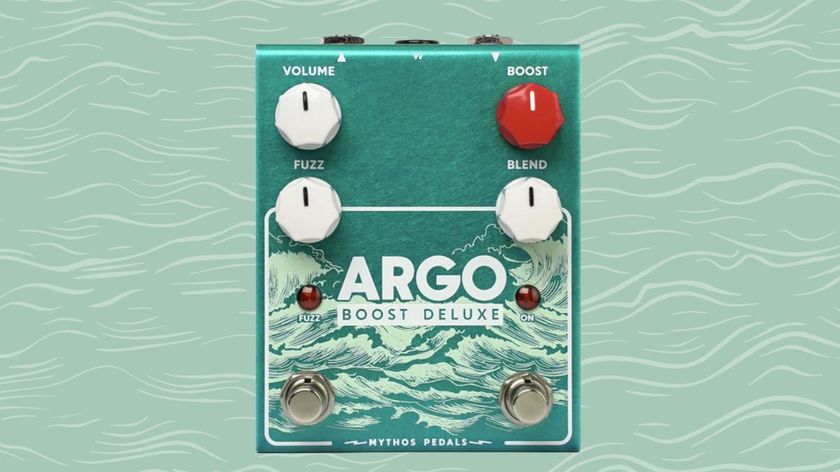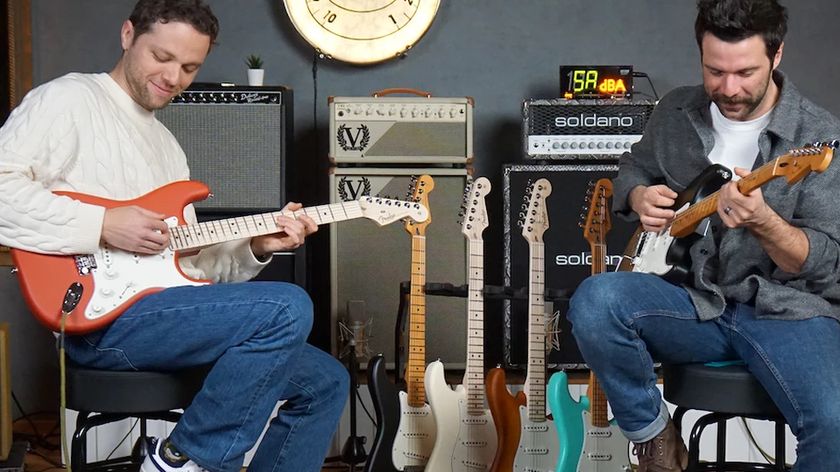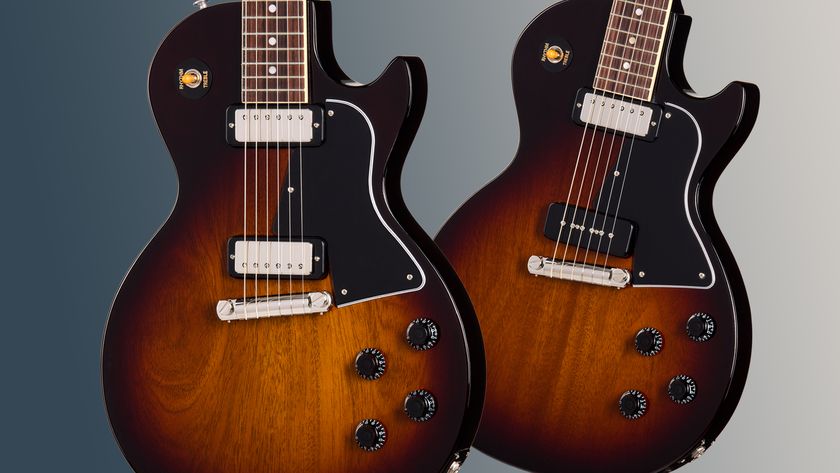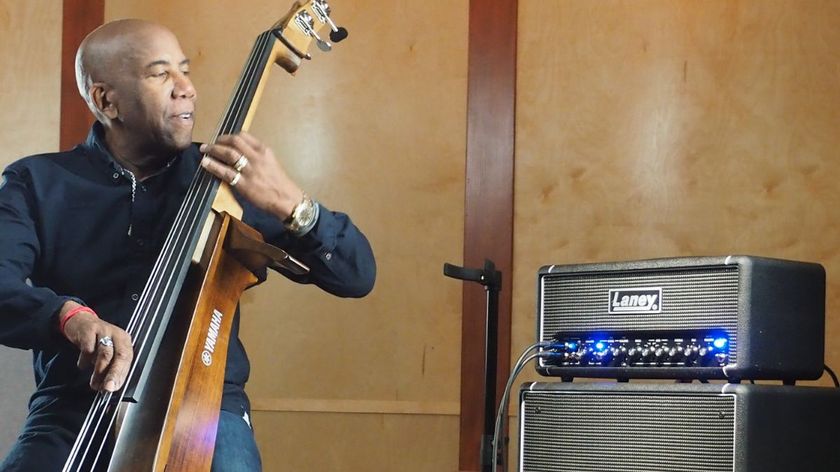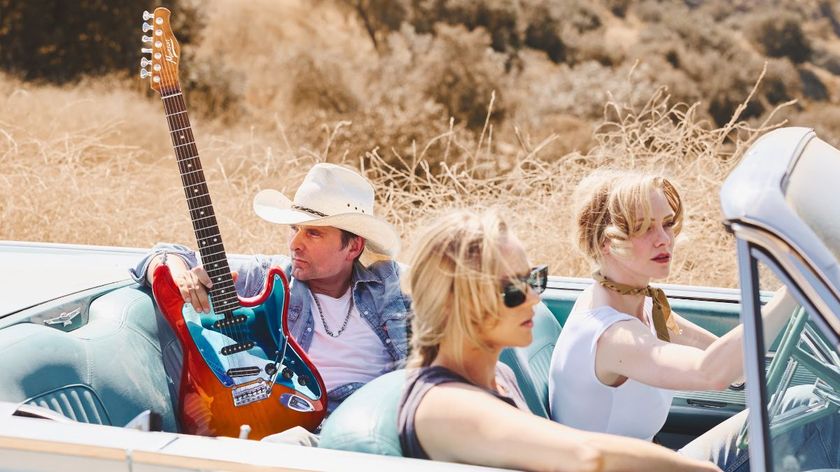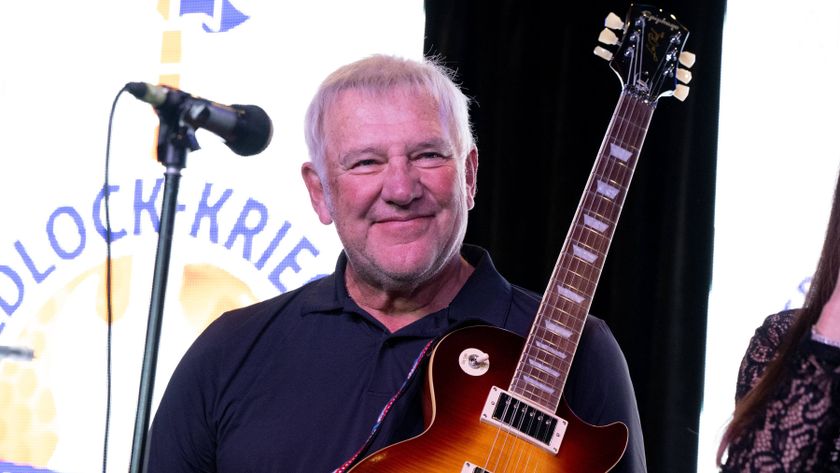“I’m just going to keep going till I can’t”: Saxon co-founder and former guitarist Graham Oliver diagnosed with Parkinson’s disease
The NWOBHM pioneer’s guitar career has survived a severed finger and a mini-stroke, and he is not prepared to call time on it now

Graham Oliver, co-founder and former guitarist of British NWOBHM legends Saxon, has been diagnosed with Parkinson’s disease. Oliver, whose electric guitar graced every Saxon album from their self-titled debut to 1994’s Dogs of War, has vowed to play on, and has no plans to call time on a career that is no stranger to adversity.
Speaking to The Classic Rock Podcast, Oliver, who turned 71 in July, said that he first thought that it was just a bit of old age, maybe a trapped nerve or arthritis.
“I’ve had this complaint since lockdown and thought it was a trapped nerve,” he said. “I didn’t know what to put it down to. I just put it down to inactivity, a bit of old age or arthritis, or a trapped nerve.”
Oliver says the condition’s progress has been slow, and he is taking medication. He is the latest high-profile metal guitar veteran to be diagnosed with the condition, with Judas Priest’s Glenn Tipton announcing in February 2018 that he was stepping down from touring following his diagnosis. Ozzy Osbourne has similarly been diagnosed with Parkinson’s.
Oliver said that he was shocked when he first heard the diagnosis. But it’s not the first time he has faced an uphill battle to carry on playing. His Saxon career was nearly over before it began. Three years before the release of the band’s self-titled album, he faced the unthinkable as a guitar player.
“I mean, [in] ’76, I cut my finger off and was told I’d never play a guitar again,” he said, phlegmatically, every bit the typical Yorkshireman. “When I was 59 I had a mini-stroke, and that paralyzed my left side, and I thought I’d never play again. So I have overcome them and I’ve got another battle on my hands. I’ve done it three times, so it’ll be the third time lucky. It’s not going to beat me as yet. I’m just going to keep going till I can’t.”
For the time being, Oliver’s guitar playing is in fine form. He is still playing with Graham Oliver’s Army, and – he told Tim Caple, the host of The Classic Rock Podcast – that he has recently been able to play things he hadn’t been able to for years.
Get The Pick Newsletter
All the latest guitar news, interviews, lessons, reviews, deals and more, direct to your inbox!
“Yeah, well I am on medication, and I went to jam night last week,” he said. “I did a gig in Lancaster with Oliver’s Army, which is the band [name] we’re using now, and I did really well. Because before I had to concentrate on my left hand to make it work properly, whereas [last week] I was playing things I hadn’t played for a couple of years.”
Oliver has played on some of the most influential British heavy metal albums of all time.
Saxon’s self-tilted debut was raw but served notice that they had the tunes, with its 1980 follow-up Wheels of Steels ushering in a hot streak that saw the seminal Strong Arm of the Law released that same year, and Denim and Leather following it in ’81 – golden era in England when metal was ascendant.
Jonathan Horsley has been writing about guitars since 2005, playing them since 1990, and regularly contributes to publications including Guitar World, MusicRadar and Total Guitar. He uses Jazz III nylon picks, 10s during the week, 9s at the weekend, and shamefully still struggles with rhythm figure one of Van Halen’s Panama.

“We had 15 minutes left, and it was time to go… I just started playing that riff. Then Lenny goes, ‘Whoa, what’s that?’” Lenny Kravitz guitarist Craig Ross reveals the serendipitous roots of a Kravitz classic

“The concept of the guitar duel at the end was just appalling”: Crossroads is an essential piece of '80s guitar lore, but not every guitar legend was a fan of the film




